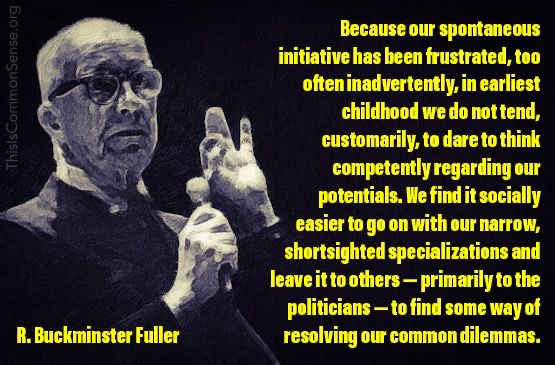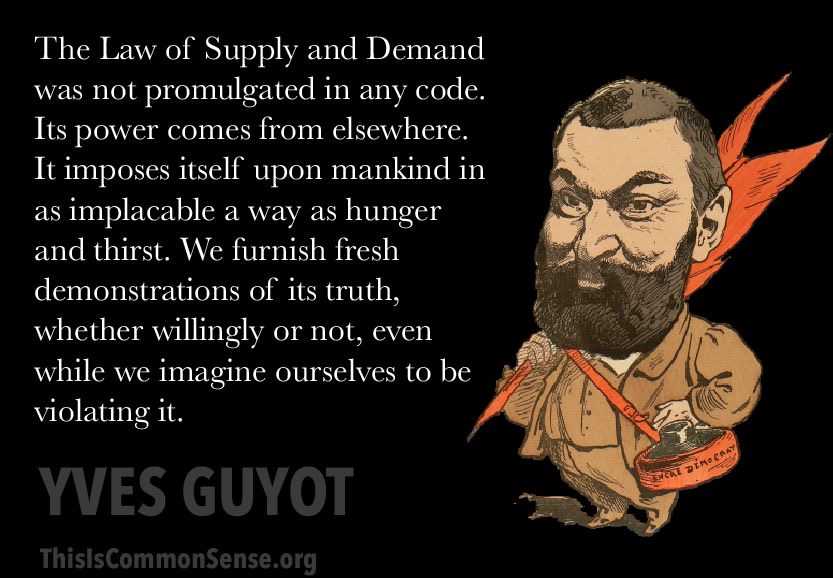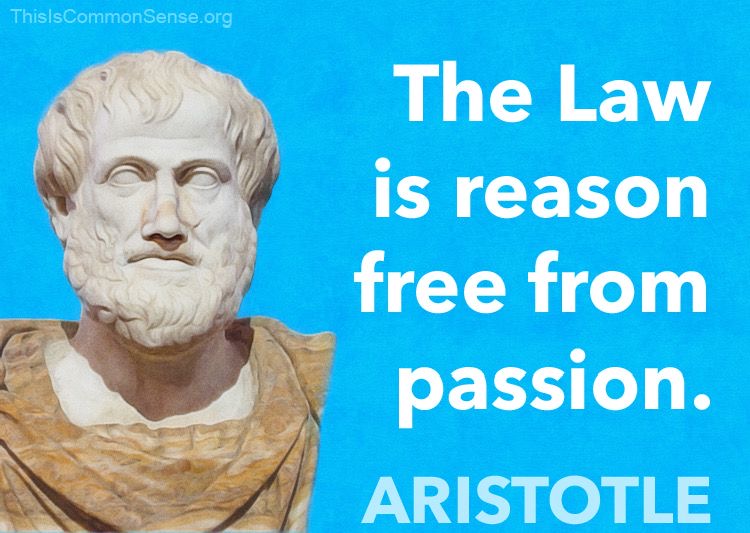Because our spontaneous initiative has been frustrated, too often inadvertently, in earliest childhood we do not tend, customarily, to dare to think competently regarding our potentials. We find it socially easier to go on with our narrow, shortsighted specializations and leave it to others — primarily to the politicians — to find some way of resolving our common dilemmas.
R. Buckminster Fuller, Operating Manual for Spaceship Earth (1969).
Buckminster Fuller





